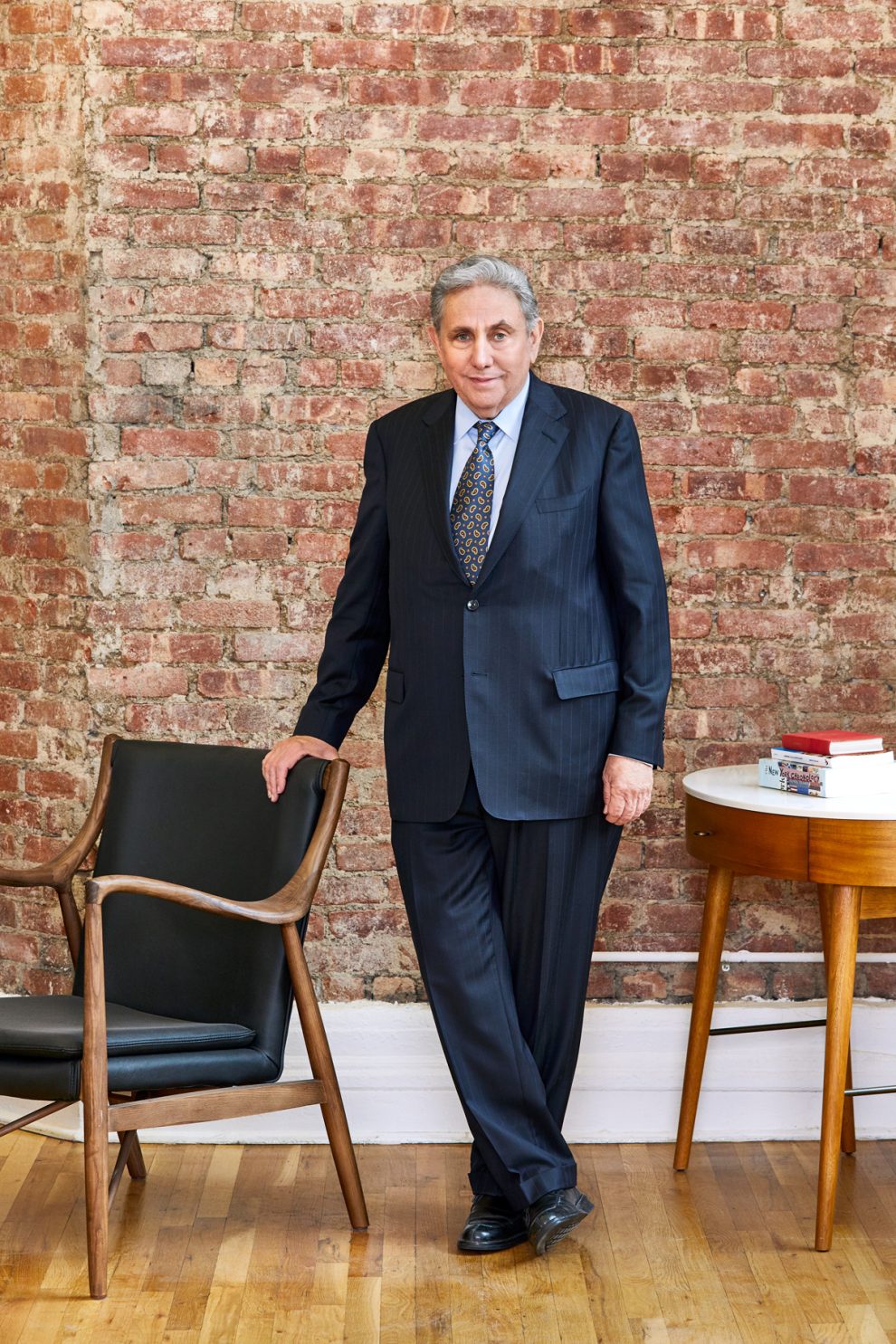Jeffrey Gural, Chairman of GFP Real Estate: A Generational Legacy Built on Vision and Integrity
Jeffrey Gural, chairman of GFP Real Estate, is one of New York’s most respected real estate leaders — a steward of a family legacy that spans generations. Known for his passion, discipline and unwavering dedication, Gural has built a career defined by ingenuity, resilience and long-term prosperity.
From Reluctant Heir to Real Estate Visionary
Though real estate runs deep in his family, Gural never set out to follow in his father’s footsteps. His father, the late Aaron Gural, was a famed developer and former chairman of Newmark. His family’s lineage includes industry giants such as the Spear brothers of Helmsley-Spear and Aaron Rabinowitz of Fred F. French.
“I never planned to go into the family business,” Gural recalls. “I loved construction.”
That passion led him to earn a civil engineering degree from Rensselaer Polytechnic Institute.
Unable to find work in New York without experience, he drove cross-country to California and joined the State of California’s engineering program, completing two years of intensive training. After marrying his college sweetheart and starting a family, Gural returned east and joined Morse-Diesel Construction Co., assisting President Irwin Miller and immersing himself in the world of building management and construction.
Joining the Family Business
Each year, Gural’s father would invite him to lunch, encouraging him to join the family firm, Newmark. Initially uninterested, Gural reconsidered after Morse-Diesel was sold to Aramark.
“We were building so many speculative buildings downtown and I saw the market was heading for a crash,” he said. “I also didn’t want to work for a food service company.”
That decision marked the start of Gural’s journey into the family enterprise.
At the time, Newmark was a small real estate company located in the Garment District managing properties for clients such as the Furman Wolfson Trust. Gural’s early success came managing the iconic Paramount Building at 1501 Broadway — a milestone that helped establish Newmark’s credibility beyond the garment center.
Building Newmark into a National Powerhouse
A pivotal moment came when Gural hired two ambitious young brokers, Barry Gosin and Harvey Richer, whose drive and vision transformed Newmark’s trajectory.
“Barry wanted to be a top broker and buy buildings,” Gural said. “That changed our whole operation.”
Together, Gural and Gosin began acquiring properties with partners like George Kaufman and Canada’s CEMP Investments.
“Back then, properties cost nothing,” Gural said. “You could buy a $10 million building that’s worth $200 million today.”
Gural found and financed the deals while Gosin handled leasing. Their partnership fueled decades of growth.
The 1986 Tax Reform Act, which eliminated passive investor tax shelters, created turbulence across the industry. “It was a bad recession,” Gural recalled. “We got crushed for a while.”
To adapt, Newmark expanded into brokerage, subletting space on Madison Avenue and recruiting top brokers from Helmsley-Spear and Edward S. Gordon. When acquisition prices spiked, the firm paused buying and focused on maximizing its existing portfolio.
“We never had institutional partners — just friends and family — until recently,” Gural said. “But we did very well.”
From Newmark to GFP Real Estate
As the 2000s brought globalization and public-company consolidation, Newmark partnered with BGC Partners to compete with large international firms. Gural, who preferred a family-run structure, sold the brokerage but retained ownership of his portfolio.
“Newmark didn’t own any buildings — they were owned by various LLCs I managed,” he said. “After my five-year commitment, I left, renamed the company GFP Real Estate — Gural Family Properties — and started fresh.”
Today, GFP owns and manages a vast portfolio of more than 70 office historic and modern commercial buildings across New York City comprising over 17.5 million square feet, continuing the Gural family’s legacy of stewardship and community impact.
“We’ve never given a building back to a bank and we don’t intend to,” he said.
A Second Passion: Reviving Horse Racing
Beyond real estate, Gural has long been passionate about horse racing.
“When I was a kid, everyone went to the track,” he said. “It was more popular than football or baseball.”
He bought his first horses in his 30s and later led efforts to save the harness racing industry through legislation allowing racetracks to add slot machines — creating the modern “racino” model.
Encouraged by his wife to take ownership, Gural purchased Tioga Downs in upstate New York, transforming a shuttered quarter-horse track into a thriving casino resort with hotels, restaurants and a golf course.
“We turned it into a destination,” he said. “It’s now profitable — the only casino that met the state’s projections.”
He also owns Vernon Downs and the Meadowlands Racetrack in New Jersey, where his efforts helped legalize sports betting after a landmark Supreme Court case. Partnering with FanDuel, the Meadowlands sportsbook quickly became one of the largest in the world.
“I was the only one with properties in both New York and New Jersey,” Gural said. “It put me in the driver’s seat.”
A True Family Enterprise
Despite his many ventures, Gural’s greatest pride remains his family. His son Eric Gural and nephew Brian Steinwurtzel serve as Co-CEOs of GFP Real Estate. His sister, Jane Gural-Senders, manages one of the company’s buildings, while his niece serves as the firm’s general council. Two grandchildren have also joined the business.
“To see the next generations involved is a thrill,” Gural said. “My goal is to keep GFP a family business for at least two more generations.”
From construction sites to casinos, Jeffrey Gural’s career reflects not just success but enduring values — integrity, hard work and loyalty. In an ever-changing market, his story stands as a reminder that true legacy is built not in decades but in generations.








